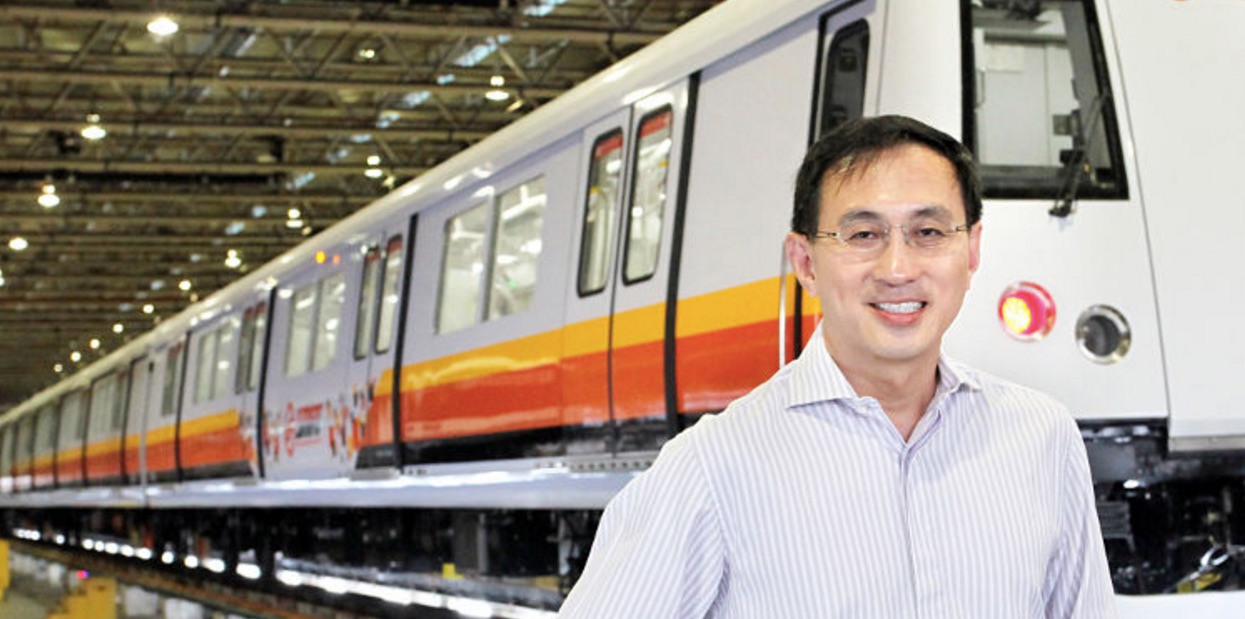In a survey conducted by Singapore’s Institute of Policy Studies, it was found that the proportion of respondents who said they “agree” or “strongly agree” that the Peoples’ Action Party (PAP) is credible dropped to 86%, from 93% in a survey after the previous election in 2015.
This coincided with the rise of younger voters aged 21 to 29, saying that they “agreed” or “strongly agreed” that the opposition Workers’ Party was credible, from 71% to 79%
Could it be that the sheen of the PAP is wearing off?
With the twin effects of social media (which has been a tool for PAP critics to reach a wider (and younger) audience and changing mindsets, it may well be that the PAP is no longer engaging well with Singaporeans. Or perhaps, it is so set in its ways, that it does not know how to bend?
Many have long complained about rising costs and yet it is amid these worries that the PAP led Government has announced price hikes in utilities, the imminent increase of the Goods and Services tax, increased number of ERP gantries and likely premium increments for Medishield Life.
To make matters worse, the Government is by the same brush consistently reminding Singaporeans of how well the Government has done in ensuring that Singapore has such healthy reserves which have led some Singaporeans to question why they feel consistently squeezed if the country is indeed that rich?
In the age of instantaneous information, it is also harder to deny Singaporeans the answers they wish to know. Chiefly – what do we actually have in the reserves and secondly, what is Ho Ching’s salary. Yet, questions to these questions remain unforthcoming which in turn creates frustration and speculation.
With the proliferation of social media, Singaporeans are also finding new forums for their thoughts and opinions. Yet, even as the Government seeks to digitalise Singapore in a bid to modernise the economy, it also wants to clamp down on the views shared by Singaporeans utilising the perks of a smart nation.
A case of looking transparently like having two bites at the cherry or as the saying goes – having your cake and eating it too. The Protection from Online Falsehoods and Manipulation Act (Pofma) was a particularly controversial piece of legislation that was, seen by some, as a blunt tool to control the voices of the people. In the generation of Instagram and uploads galore, the Pofma was not a law that has gone down well.
The PAP Government also lost sight of easy “wins”. Instead of trying to connect with the people who did not vote for it, the Prime Minister chose to call non PAP voters “free riders”, seemingly oblivious to the possibility that the younger generation do not appreciate being patronised.
Will the Government learn? Or has it become as we say, too big for its boots?








